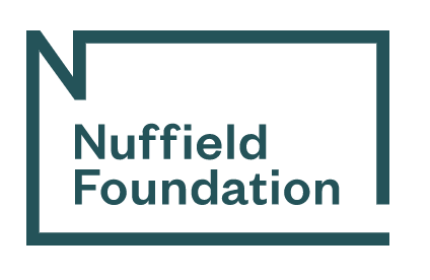Early numerical abilities are one of the best predictors of children’s later academic achievement. They are highly interrelated with executive functions, a set of cognitive processes related to self-regulation. Early executive functions predict how well pre-school children will learn the meaning of numerical symbols before entering school. Equally, maths performance in early childhood predicts later improvement in executive function abilities. These skills appear to influence each other and support growth reciprocally, highlighting the importance of bringing them together rather than targeting them separately.
However, there are few existing causal studies of the relationship between executive functions and mathematics. This project will build on recent UK findings on this relationship and put them to a causal test. The researchers will work with teachers as co-researchers to develop a feasible, low-cost, sustainable play-based intervention to boost executive function within mathematics activities.
The new combined intervention will build on the Pre-School Self-Regulation Toolkit (PRSIST), an evidence-based Australian executive function intervention with both practitioner- and child-focused elements. It will be enhanced with maths-based activities for children and practitioner training, based on another intervention developed in Canada. The adaptations to PRSIST will be co-designed with practitioners to ensure the new intervention is accessible, feasible and suitable for a UK context. A shortened four-week version of the new intervention will be piloted in classrooms to gain detailed feedback on feasibility and assessment measures. The researchers will then refine the intervention before it is carried out in full for a proof-of-principle study. 16 early years settings will be stratified by key demographics and randomly allocated to either the intervention or business-as-usual.
Children’s executive function and maths abilities will be measured at baseline, immediately after the intervention and three months later, with assessors blind to the intervention arm. The assessments will measure symbolic maths understanding as the primary outcome, in addition to executive function and maths anxiety as secondary measures. The researchers will collect socioeconomic information to examine whether the intervention is particularly beneficial for disadvantaged children. Finally, they will carry out a process evaluation to assess the fidelity of delivery, acceptability and feasibility of the intervention using in-person researcher classroom observations, teacher logs and interviews.

